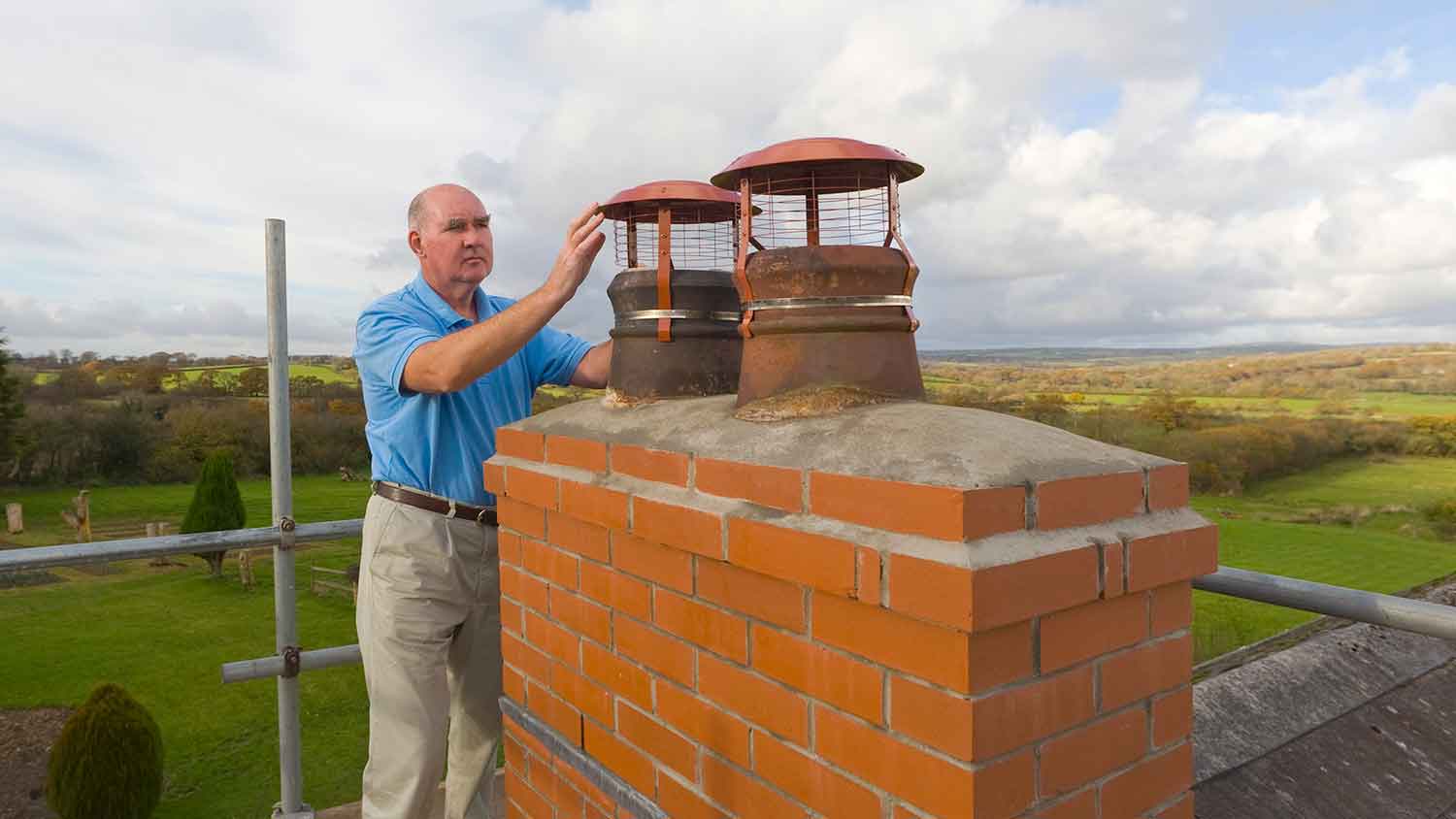
This guide explains how to budget for electrical inspection costs based on factors such as inspection type, necessary electrical repairs, and more.
A home inspector can identify mystery odors and connect you with the right pro


Unidentified household odors can point to rodents, sewage problems, burning electronics, or gas leaks, so getting professional help quickly is important.
Start with a home inspector when the source is unclear; they can direct you to a plumber, an electrician, or a pest control professional as needed.
The average home inspection costs $340 and varies based on the size of your home.
Fast diagnosis helps prevent larger damage and safety risks, and calling a specialized pro for known odors can sometimes reduce inspection costs.
This article was created using automation technology and thoroughly fact-checked and edited by HomeAdvisor Editor Ryan Noonan.
When you are unsure who to call to identify a smell in your house, a home inspector is a strong first step. Inspectors recognize common odor sources and know when to bring in a plumber, electrician, or pest control professional to fix the root issue.
Use this guide to understand when to hire each pro and what to expect from them.
A home inspector is the best first call when you cannot pinpoint the source of an odor. They know the common household issues and the stinkiest culprits, and they can advise on next steps or refer the right specialist. Acting quickly reduces the chance of serious damage.
Here are some of the top reasons to hire a local home inspector:
Pinpoints unknown odor sources efficiently across the home
Recognizes common issues immediately from experience
Brings or recommends the right specialist to fix problems
Uses tools to detect moisture, wiring issues, and air leaks
Conducts air tests to check for mold spores
Employs infrared cameras to locate hidden moisture
Uses multimeters to identify faulty circuits and wiring
Checks for visible signs of pests and mold growth
Provides a clear plan to resolve the underlying issue
Helps you act fast to limit potential damage
You can hire a specialized pro based on the odor:
If you smell sewage, call a plumber who can diagnose and repair plumbing or sewer issues.
If you notice burning or fishy odors, shut off the power and call an electrician due to fire hazards.
Ammonia or decay suggests pests, so it’s best to call pest control.
If you suspect a gas leak (rotten eggs), evacuate and call your gas company’s emergency line.
Calling a specialist can save on inspection costs. If the odor points to a plumbing issue, consider a local plumber to ensure the job is done safely and correctly.
Home inspectors follow a systematic process to identify sources of odor and recommend repairs:
Ask targeted questions about the smell’s type (fishy, pungent, metallic, musty) and its pattern (for example, when it rains or when an appliance runs).
Inspect with specialized equipment:
Infrared camera to detect moisture
Photoionization detector to identify organic compounds
Smoke device to find drafts and air leaks
Air tests for mold spores
Multimeter to find broken circuits or faulty wiring
Look for visible signs of pests or mold.
Share findings and recommend the right specialist to resolve the underlying issue.
A home inspection costs $340 on average and varies with the size of your home. This cost covers expert investigation and the tools needed to pinpoint the source. If you already know the likely source—such as sewer odors, burning smells, or pest-related odors—calling a specialized pro first can sometimes reduce inspection costs. Total spending depends on whether follow-up repairs are needed and which specialist handles the fix.
From average costs to expert advice, get all the answers you need to get your job done.

This guide explains how to budget for electrical inspection costs based on factors such as inspection type, necessary electrical repairs, and more.

How much does a home appraisal cost? Learn about common cost factors, price by property type, home appraisal vs. home inspection, and budgeting tips.

Discover how much you’ll pay for a Title 5 inspection based on the service type, labor fees, and post-inspection repair costs.

Budget for termite inspection costs based on factors such as treatment type, property size, inspection type, severity, documentation, and more.

Who does chimney inspections? Learn when to hire a chimney professional, other pro options, inspection levels, and typical chimney inspection costs

Learn who to call for HVAC inspection. Discover which pro to hire, what to expect from an HVAC inspection, and average costs for your home.